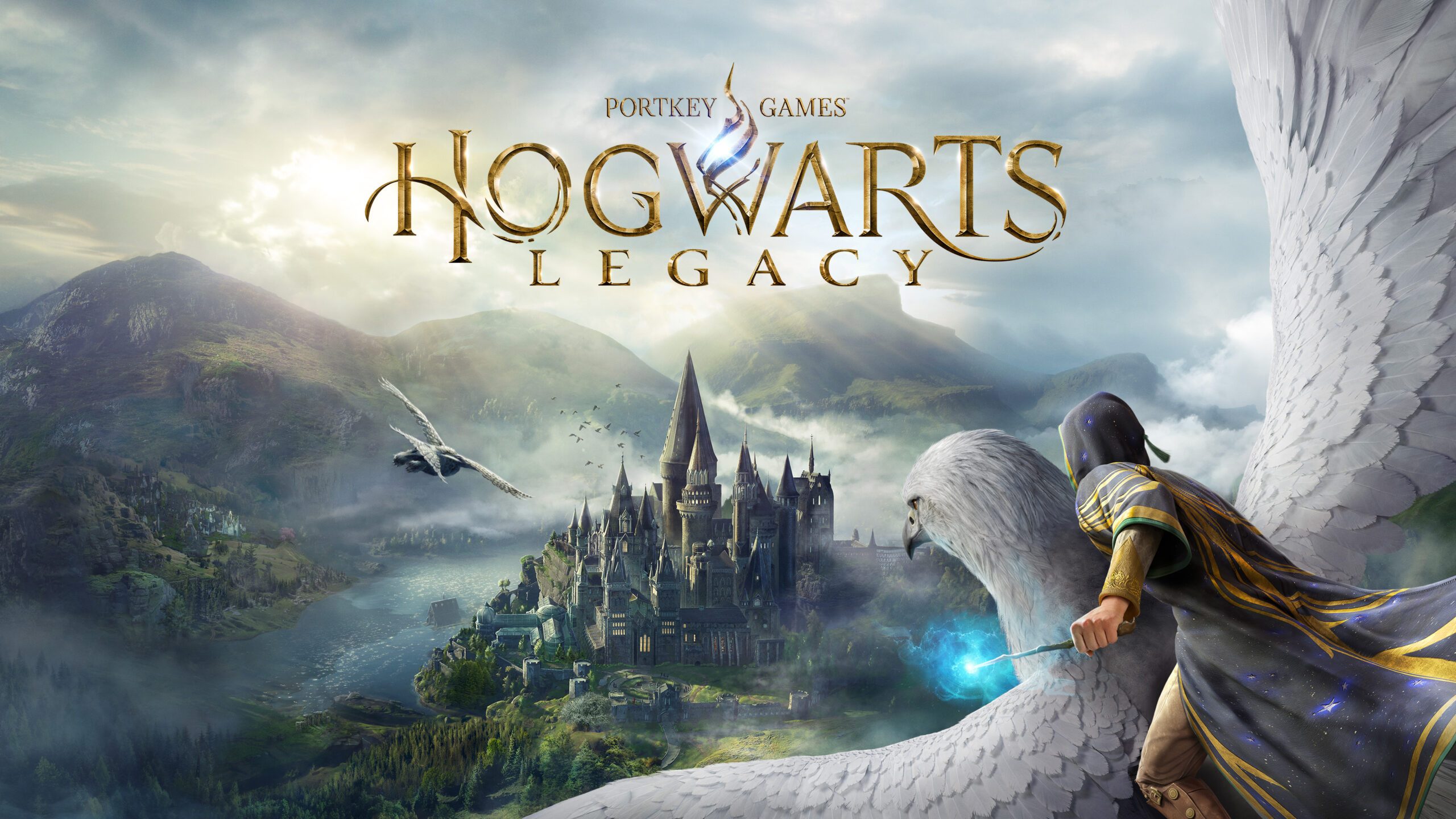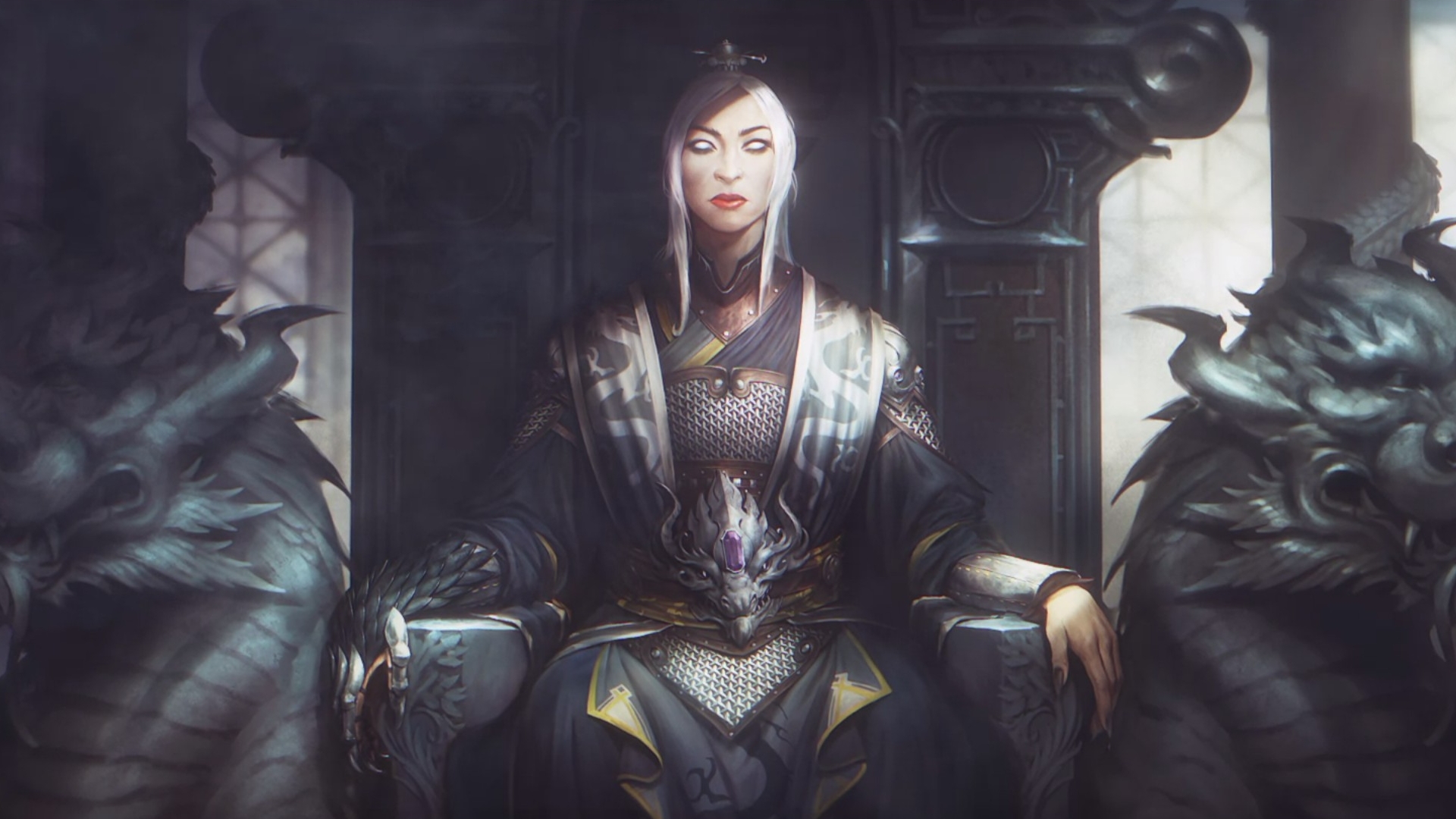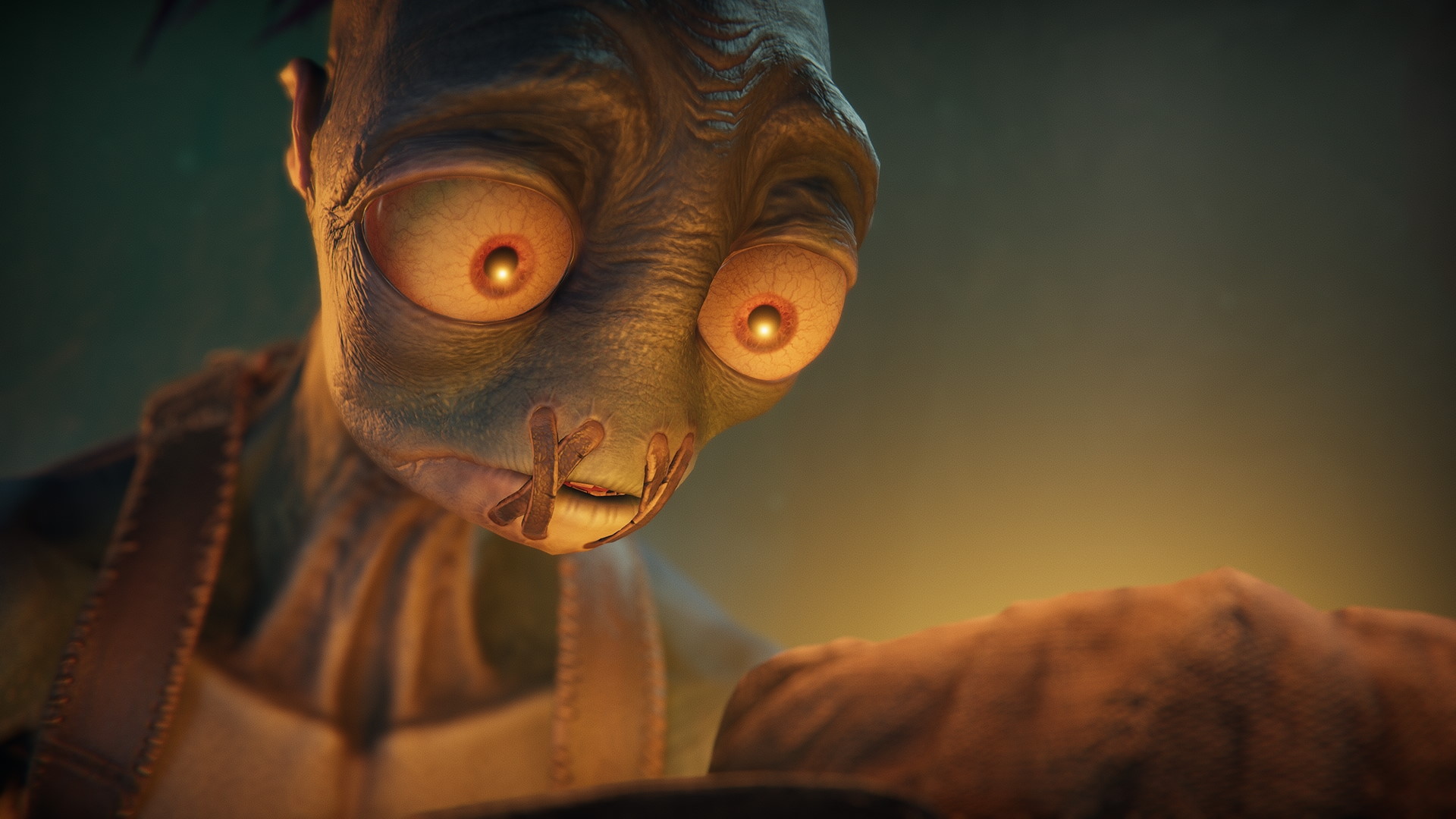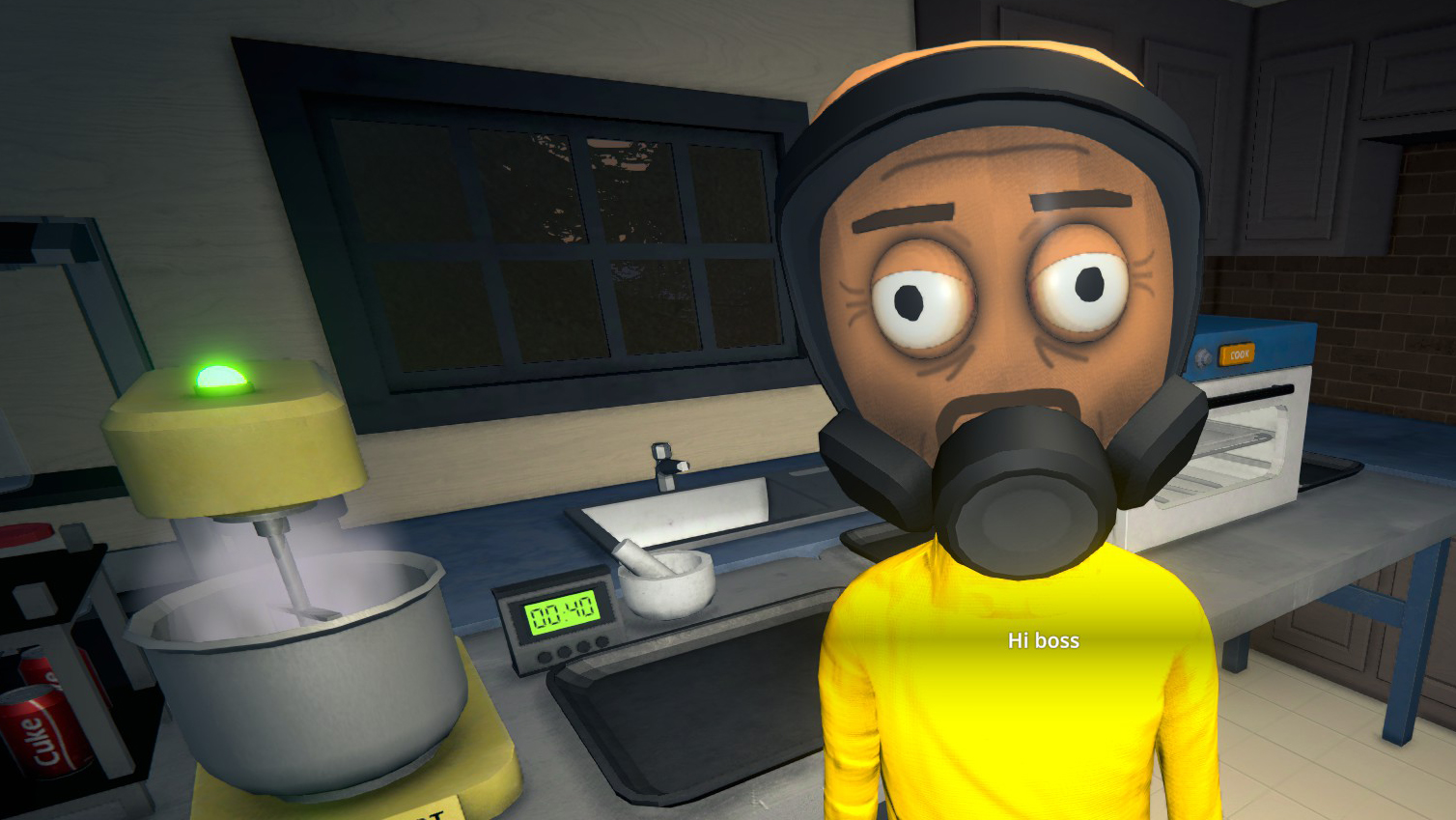Game engine maker Unity has announced that CEO John Riccitiello will retire from his prominent positions at the company. Effective immediately, Riccitiello will retire as President, Chief Executive Officer, Chairman and a member of the Company’s Board of Directors. In short, Unity’s unpopular and controversial CEO is out.
Which makes sense, given that Riccitiello is ultimately the person at the top of the reason why we had to publish an article called Why every game developer is mad right now, explained last month. Riccitiello’s Unity unveiled confusing, controversial, and still very poorly explained pricing scheme changes that have since been partially walked back.
Unity has announced that James M. Whitehurst will take over as interim CEO. Whitehurst was formerly CEO at open source software company Red Hat from 2008 to 2020, then a President at IBM until 2022.
It’s unclear what, if any, changes Riccitiello’s ouster will have on Unity moving forward. In a press release, Whitehurst said that “Unity is well-positioned to continue enhancing its platform, strengthening its community of customers, developers and partners, and focusing on its growth and profitability goals.” The company also said that it doesn’t expect changes to its expectations of profit in third quarter 2023. Unity has fired some 600 or more employees so far this year, and closed half its offices, classic tactics for boosting a business’ profitability in the short term.
The announcement is already being hailed as a victory on social media. The pricing scheme is hardly Riccitiello’s first controversy at Unity or the game industry at large. He’s a business figure quite disliked by many rank-and-file players and developers as the face and man taking the blame for a number of high-profile controversies over the years. That might be as simple as the firings above, or the time last year that he called game developers “fucking idiots” and was forced to publicly apologize.
Further back, committed industry watchers know Riccitiello served as CEO of Electronic Arts during one of its most controversial periods: the transition into always-online gaming and the Origin digital storefronts, which culminated in the disaster that was 2012’s SimCity and saw EA voted the worst company in America for 2012.
Nonetheless, shortly after he said that players would “learn to love” always-online games. Which he was definitely right about in the form of massive success for live service titles. They also but definitely haven’t, given backlash to games like Payday 3 including always online features.











